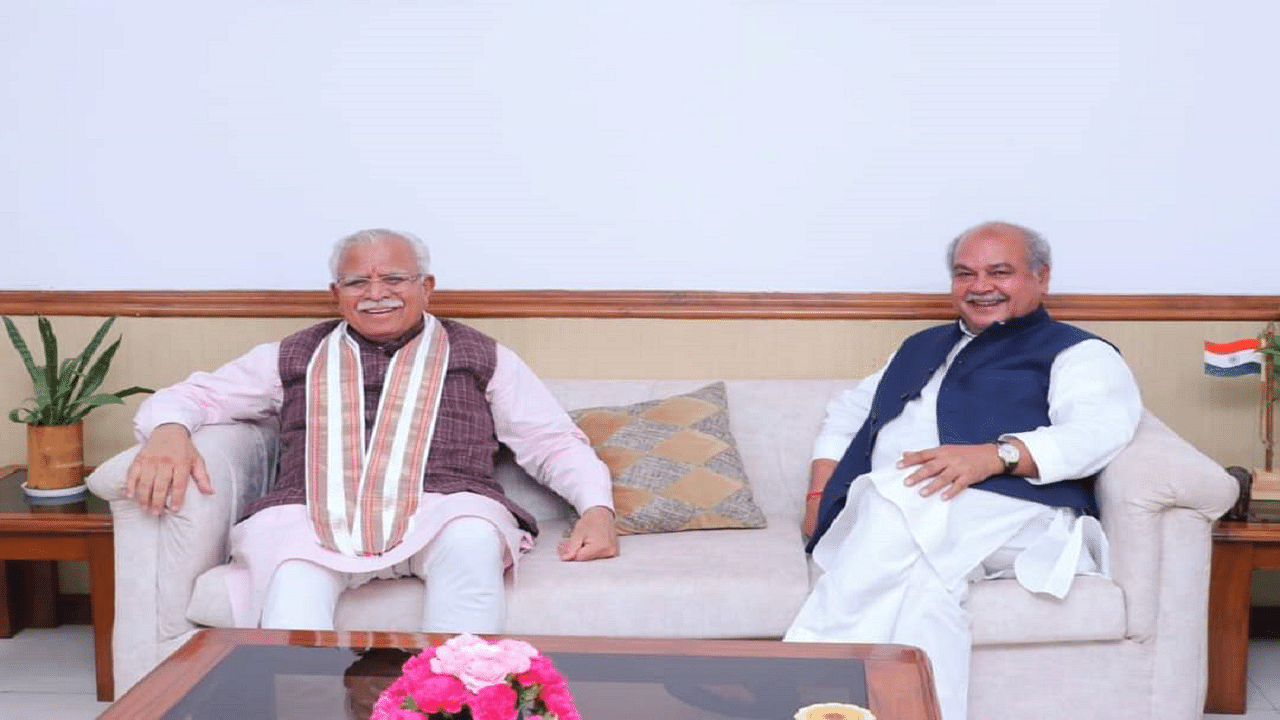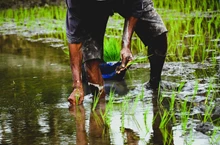
The Soil Health Cards (SHCs) Scheme, initiated in the fiscal year 2014-15, introduced an extensive endeavor involving soil sampling, analysis, and creation of Soil Health Cards. This initiative aimed to aid State Governments in distributing soil health cards to all farmers across the nation. These cards furnish farmers with information about their soil's nutrient composition, along with recommendations for applying the appropriate amount of nutrients to enhance soil health and fertility.
Presently, the Government of India has introduced technological enhancements to the New Soil Health Card Scheme. The Soil Health Card portal has undergone a comprehensive overhaul and has been integrated with a Geographic Information System (GIS). This integration enables the visualization of all test results on a map. To streamline the execution and monitoring of the scheme and to simplify farmers' access to their soil health cards, the mobile application has been fortified with additional features.
These features include restricting the collection of soil samples to specific regions by Village Level Entrepreneurs/Operators, automated latitude and longitude selection for sample locations, and the generation of QR codes to directly link sample and test results to the portal using geo-mapped labs, eliminating manual intervention. This upgraded system has been implemented since April 2023, with soil samples being collected through the mobile application, and Soil Health Cards being generated on the revamped portal. Additionally, 56 training sessions have been organized for the states to familiarize them with the new system.
The Soil Health Card initiative has been integrated into the Rashtriya Krishi Vikas Yojana (RKVY) cafeteria scheme as a component called 'Soil Health & Fertility' starting from the fiscal year 2022-23.
On June 22, 2023, guidelines for establishing Village Level Soil Testing Labs (VLSTLs) were issued. These labs can be established by individual entrepreneurs, such as rural youth, and community-based entrepreneurs like Self Help Groups (SHGs), Schools, and Agriculture Universities. The selected beneficiary or village-level entrepreneur must be a youth aged between 18 and 27 years. Self Help Groups and Farmers Producers Organisations (FPOs) can also become part of VLSTLs, with their eligibility determined by the District Level Executive Committee (DLEC).
Following the procedure, an entrepreneur submits an application along with necessary qualification certificates, PAN Card, and Aadhar Card to the Deputy Director or District Agriculture Officer's office. Training for VLSTLs in soil sampling, testing, and generating soil health cards is conducted by manufacturers and state governments. VLSTLs are responsible for educating farmers about fertilizer and crop recommendations.
Detailed soil mapping at a scale of 1:10000 is carried out in priority areas of the country using high-resolution satellite data and ground surveys by the Soil & Land Use Survey of India, Department of Agriculture and Farmers Welfare (DA&FW). This Soil Resource Information is in digital format and is generated separately from the Soil Health Card initiative.











